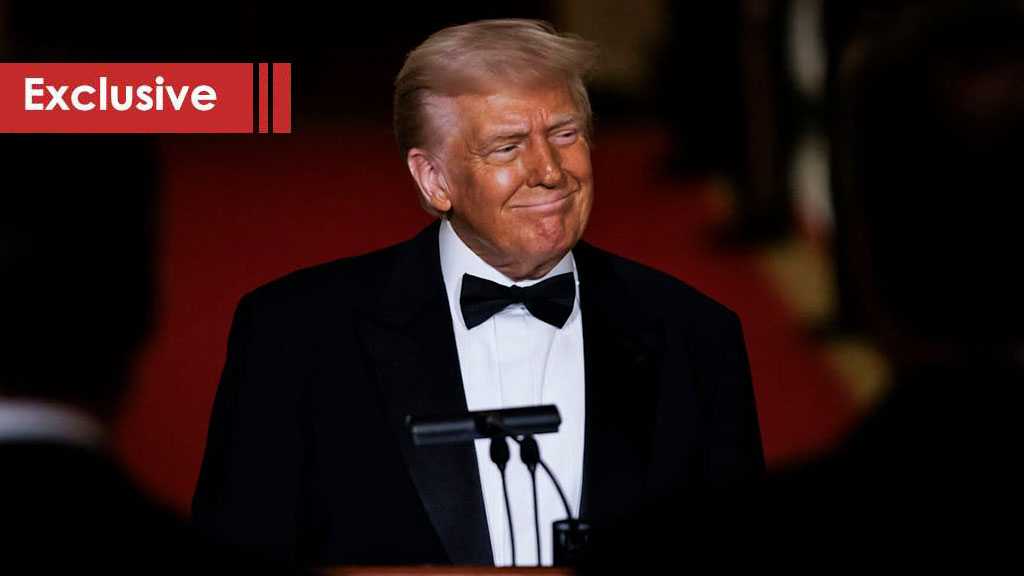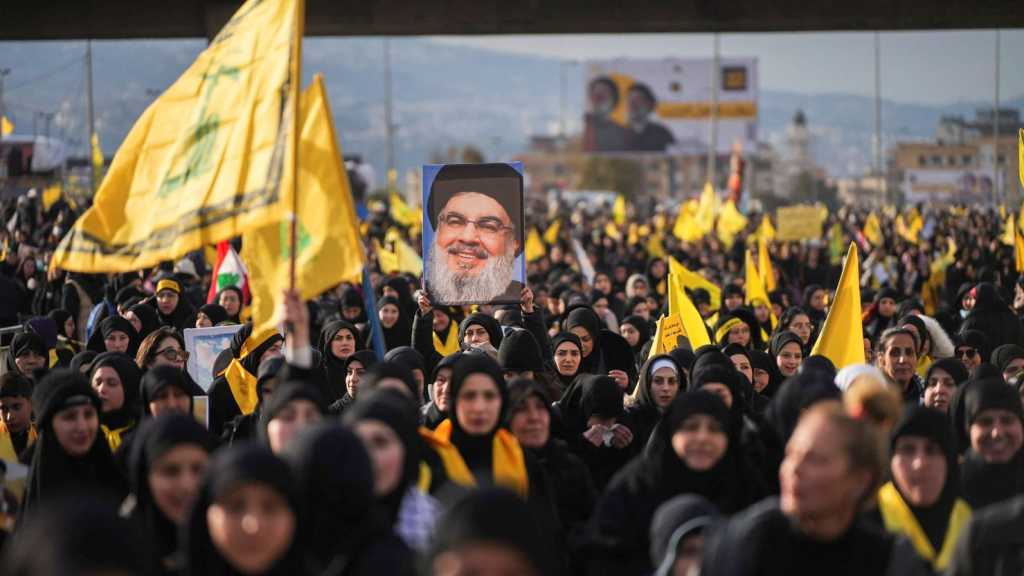
Donald Trump’s Bold and Unconventional Policies: The Ukraine Question and Its Global Fallout

By Mohamad Hammoud
Lebanon – With thunderous entrance and unpredictable policies, Donald Trump stormed into the White House, leaving both allies and adversaries grappling with the shockwaves of his leadership. Since his return to the White House, he has shattered traditional norms, wielding power with audacity that has left both allies and adversaries reeling. From proposing the purchase of Greenland to suggesting Canada become the 51st state, Trump’s audacity knows no bounds. His vision extends far beyond the borders of the US, with ideas as grandiose as turning Gaza into the Riviera of the Middle East or reclaiming control of the Panama Canal. However, of all his bold moves, his approach to Ukraine has arguably sparked the most intense global debate.
In a move that stunned the international community, Trump recently labeled Ukraine’s president a “dictator” and issued an ultimatum: either strike a deal or face collapse. At a time when Ukraine is fighting to maintain its sovereignty against Russia, Trump’s policies have sent shockwaves through diplomatic circles. These moves have raised critical questions about America’s role as a global leader and the future of European security. While Trump’s supporters praise his boldness and willingness to challenge the status quo, his critics argue that his policies are reckless and self-serving, with profound consequences for Ukraine, NATO, and the broader international order.
Trump’s Policy Shift Toward Ukraine
Under Trump’s leadership, US foreign policy toward Ukraine has undergone a dramatic shift. In a stark departure from the commitments of previous administrations, Trump has reduced US military and financial support for Ukraine. Historically, bipartisan support from the United States was crucial in helping Ukraine defend itself against Russian aggression, particularly after Russia’s full-scale invasion in 2022. Trump, however, has questioned the strategic value of continued US involvement, framing the conflict as a “European problem” rather than a global security issue. This aligns with his broader “America First” philosophy, which prioritizes domestic concerns over international entanglements.
Adding to the controversy, Trump has initiated direct negotiations with Russia to address the ongoing conflict in Ukraine, often excluding Ukrainian officials from these critical discussions. This unilateral approach has alarmed European allies, who worry it undermines Ukraine’s sovereignty while emboldening Russian aggression. By sidelining traditional diplomatic frameworks that prioritize multilateral cooperation, Trump’s policies have created uncertainty and friction among NATO members. His emphasis on rapid conflict resolution, while appealing to some, risks sacrificing Ukraine’s territorial integrity and long-term stability.
Motivations Behind Trump’s Approach
Trump’s dramatic policy shift toward Ukraine appears to stem from a mix of political strategy, personal grievances, and potential financial interests. Politically, his rhetoric positions him as a leader who prioritizes diplomacy and aims to resolve conflicts without prolonged US involvement. This strategy appeals to a segment of voters who are weary of America’s global military commitments and favor a more isolationist approach to foreign policy.
However, personal grievances also seem to play a role. Trump’s relationship with Ukrainian President Volodymyr Zelenskyy has been fraught with tension since Trump’s first term, when Ukraine refused to investigate Joe Biden and his son, Hunter Biden. Critics argue that this unresolved grievance has influenced Trump’s foreign policy, leading him to reduce support for Ukraine. By framing Ukraine’s leadership as dictatorial and reducing aid, Trump may be acting on personal animosities rather than strategic considerations.
Speculation about Trump’s potential business interests further complicates the narrative. Improved relations with Russia could open doors for financial opportunities that align with Trump’s personal or business ambitions. Critics have long questioned whether Trump’s foreign policy decisions are driven by national interests or his own financial gains, raising concerns about the intersection of personal motives and global leadership.
Ramifications for Ukraine and Europe
The consequences of Trump’s policy shift are profound and far-reaching. For Ukraine, the reduction in US support has created a sense of abandonment. Ukrainian leaders, once reliant on American aid and diplomatic backing, now face an increasingly precarious geopolitical landscape. Trump’s rhetoric labeling Ukraine’s leadership as dictatorial has further weakened the country’s position, reducing its leverage in negotiations and emboldening Russian aggression. Without assurances of strong US support, Ukraine finds itself more vulnerable to Moscow’s ambitions.
For Europe, Trump’s policies have introduced significant uncertainty. NATO allies, already unsettled by Trump’s skepticism toward the alliance, are now questioning the reliability of US commitments to European security. This has prompted European leaders to reconsider their defense strategies. French President Emmanuel Macron, for instance, has renewed calls for a European army—a concept that has gained traction amid fears of reduced US involvement. However, building an independent European defense force is fraught with political and logistical challenges, as European nations remain divided on how to achieve collective security without US leadership. Trump’s policies have effectively forced Europe to grapple with the question of whether it can sustain its security architecture without American support.
How US Adversaries Are Reacting
Trump’s shift in policy has not escaped the attention of America’s adversaries, particularly Russia and China. For Russia, this change represents a strategic advantage. By reducing US support for Ukraine, Trump has inadvertently strengthened Moscow’s position in Eastern Europe, allowing it to escalate aggression with less fear of retaliation. Russian President Vladimir Putin likely views this as a golden opportunity to further weaken NATO and divide Western allies.
China, too, is watching closely. A perceived retreat by the US from its global leadership role could embolden Beijing to pursue more aggressive policies, particularly in the Indo-Pacific region. As America scales back its involvement in European security, China may interpret this as a sign of declining US influence and global commitment. This perception undermines the deterrent effect that a unified Western stance has traditionally maintained, creating a more unstable international environment.
Conclusion
Donald Trump’s bold and unconventional policies toward Ukraine have reshaped the geopolitical landscape, creating uncertainty for allies and opportunities for adversaries. Motivated by a mix of political strategy, personal grievances, and potential financial considerations, Trump’s approach has left Ukraine in a precarious position while challenging the cohesion of NATO and the broader European security framework. For Europe, the prospect of reduced US involvement has reignited debates about the need for independent defense capabilities. Meanwhile, adversaries like Russia and China are seizing the moment to expand their influence, further complicating the global order.
Trump’s leadership continues to challenge traditional norms, leaving an indelible mark on international relations. Whether his policies ultimately strengthen US interests or weaken its global standing remains a subject of fierce debate. As the world grapples with the consequences of his decisions, one thing is clear: Trump’s presidency is reshaping the rules of global diplomacy, for better or worse.
Comments



